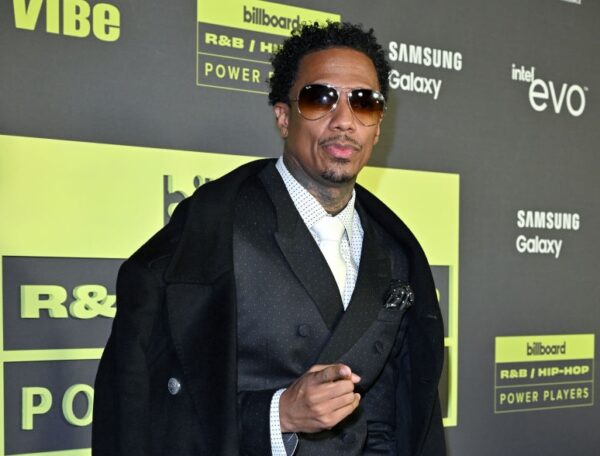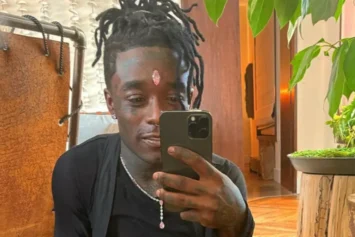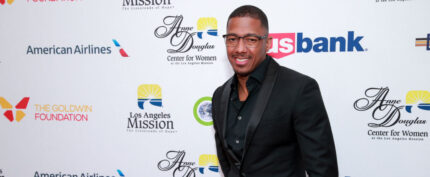Nick Cannon learned early in his career as an entertainer to share the diversity of his talents. But as he gained popularity, he also learned some hard lessons.
During an interview with “The Diary of a CEO,” Cannon shared how losing his publishing rights early in his career influenced his mindset and decision-making skills as the founder and CEO of “N” Credible Entertainment.

“Someone signed my publishing away when I was a teenager for $10,000,” Cannon said during his interview. “One of the biggest mistakes… one of the biggest lessons I’ve ever learned.”
Cannon reportedly has a net worth of $20 million and has made his mark in the entertainment industry on stage and behind the scenes. As young as 17, Cannon was a writer on the comedy show “Keenan and Kel,” a position he gained as a result of his stand-up comedy routine. Next, he launched the show “All That,” a sketch comedy show on Nickelodeon. In 1999, he joined the rap group, Da G4 Dope Bomb Squad, and by 2001 he’d released his one album release to date, “Nick Cannon.”
As his star continued to rise, Cannon starred in several films, including “Drumline,” “Love Don’t Cost a Thing,” “Roll Bounce” and “Bobby.”
He served as the host of “America’s Got Talent” and the weekly radio program “Cannon’s Countdown.”
Yet Cannon’s most notable accomplishments were both launched in 2005. Cannon created and produced the MTV show “Wild N Out,” and the “Nickelodeon Kids’ Choice Awards.” Both show still air on television.
An Altruistic Leader
Cannon never forgot having his publishing rights sold without his permission by a record executive. As the owner of N’ Credible Entertainment, he runs his business with integrity and respect, he has said.
“Now I’m giving away that $10,000 to these kids, and I don’t want nothing from ’em, but to see you win,” he said. “And that’s me paying it forward. That’s me correcting what this industry has done to people for so long.”
While many people do not agree with his tactics, Cannon believes that his ability to provide an artist with ownership of their publishing rights is a good business practice.
“A lot of people even from my attorneys and people in my circle, like, ‘Man, you gotta sign these people. How are you going to function?’ ” Cannon said during his interview. “’How you going to allow your business to thrive if you don’t sign?’ Well, it’s been working thus far,” he expressed. “I don’t like having ownership in someone else’s brand.”



